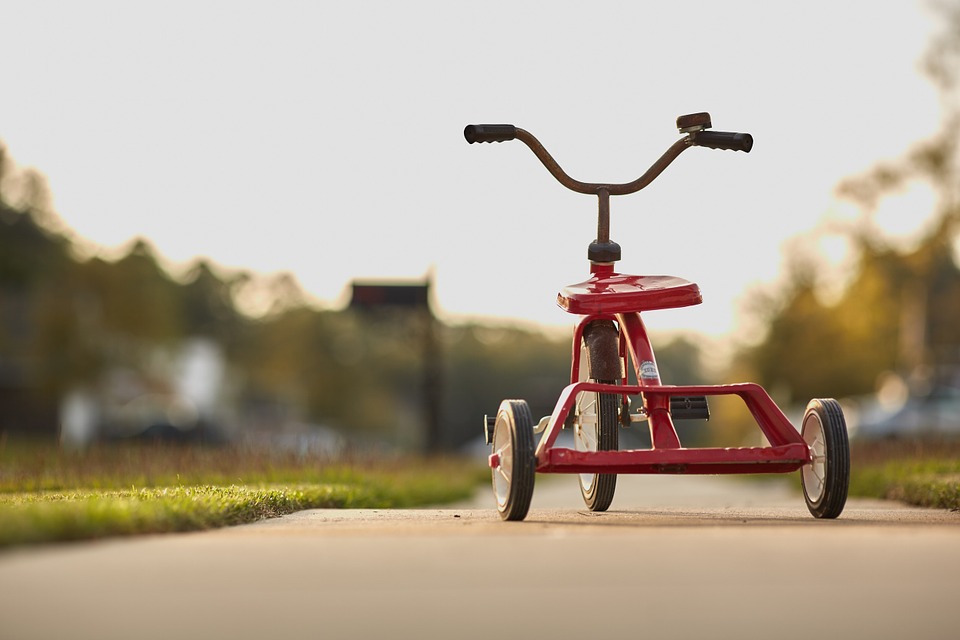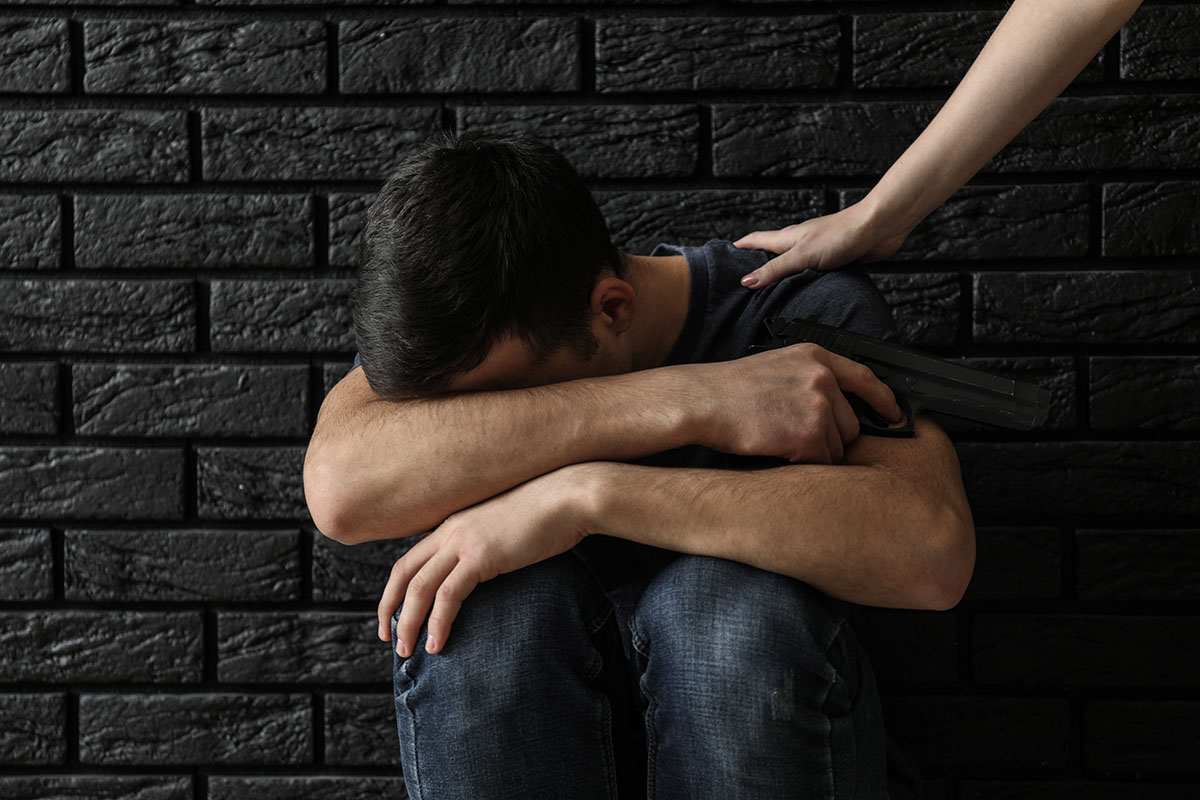
Social Phobia
I am Vinay Kamdar, an 18-year-old student of the first year of commerce. This is the end of my first year in college, but I feel that I have not been able to progress in social interactions like my other classmates. I am afraid to mix with them. I am very submissive. When I am talking to people, I find that my chin is always down and my gaze averted. I cannot consider myself to be a part of group activity, or take an interest in the opposite sex. I do not take part in any college activity. If I have to answer in the class, I feel very anxious as if the whole class is watching what I am going to say and then fear that they will ridicule me. In that process, I am unable to answer even those questions whose answers I know. I feel that this is not normal. I feel very sad and lonely because of the isolation that I have caused to myself. I am unwilling to get involved with people unless I am certain of being liked. I show a lot of restraint, sometimes unjust, because of the fear of being shamed or ridiculed. I see myself as inadequate, socially inept, personally unappealing and inferior to others. Please help me to become bolder and assertive in my approach.
Most people fear various objects or situations to some degree, but in about 5-10 %, those fears are severe enough to label it as a social phobia. A social phobia is the persistent and marked fear of social or performance situations in which you are exposed to unfamiliar people or to possible scrutiny by others. You fear that you will act in a way that will be humiliating or embarrassing. Such situations may involve performance such as public speaking, looking for a job, eating and drinking in front of others; or social interaction like asking for a date, going out with friends, attending a party, talking to a colleague. There is intense anxiety in the feared situation and you may recognize that your fear is excessive and distressing. This interferes in your normal routine, academic functioning and social activity. There is low self-esteem and a fear of criticism. This vulnerability makes you sense that your reaction to the distressing situation is out of control and you become anxious about maintaining social interaction and this results in avoidance and hence phobia. Sometimes there is one negative experience leading to alarm and loss of confidence in that performance situation. That leads to anxiety and poor performance in subsequent encounters and gradual progress to avoidance. The outcome is often predicted by how much you interpret your performance in the given social situation or view the reaction of others in that situation. The more that you put those factors in a favourable light, the more confident you will feel and the better you will be able to perform. Whereas a little social or performance anxiety is useful to ensure proper preparation and a vigorous performance, persons who denigrate their own abilities too much or interpret other’s reactions too negatively will have much more anxiety, leading to impaired performance and avoidance. There is also a hypersensitivity to rejection and criticism, whereby you overreact emotionally and are devastated by any perceived negative reaction on the part of others. There is a high physical arousal, which accentuates rapidly leading to more impaired performance and more embarrassment in a positive cycle till you become so incapacitated that you lose the ability to perform. This generates anxiety about the next performance.
What you can do?
There are a number of interventions that you can try out. The medications you can try out are moclobomide, alprazolam, clonazepam, fluoxetine, sertraline and propranolol. There are psychotherapeutic interventions. Firstly, focus on reducing the arousal symptoms that embarrass you so much. Then, you may have to restructure your thoughts. Start visualizing the situation that creates so much anxiety in you. Visualize all the components of your performance – how you will start the interaction, the content of your talk, the manner of your talk and your own responses. Then visualize how others react to this presentation. In this analysis, note the responses that cause you anxiety. Evaluate how much realistic those interpretations are. You may be magnifying their negative evaluations, minimizing your positive presentation and have impossible expectations of applause making you hypersensitive. You may be vigilant to the minutest details of their evaluations and focus more on the evaluation than on your performance. Stop doing this and instead focus on your performance. Repeat this visualization process again and again till you are confident that you will be able to handle the situation. Abandon any grandiose expectation of not meeting any trouble on the way but instead focus on being able to handle any situation. In the case of important events, use practical rehearsal – in front of the mirror, in front of family and friends and finally in the performance situation before the actual performance. Learn relaxation techniques to make your body less taut and control the high physical arousal. You may even take advantage of a group setting in order to overcome your fears. Take one situation at a time and try to master it. With practice, you may be able to overcome more situations faster. Then gradually start exposing yourself to these situations. Rate the least and most anxiety-provoking situation, start on a low scale and progress slowly to the most difficult situation. With continued exposure and lessening of anxiety, you will learn to become appropriately demanding and assertive in your approach.



